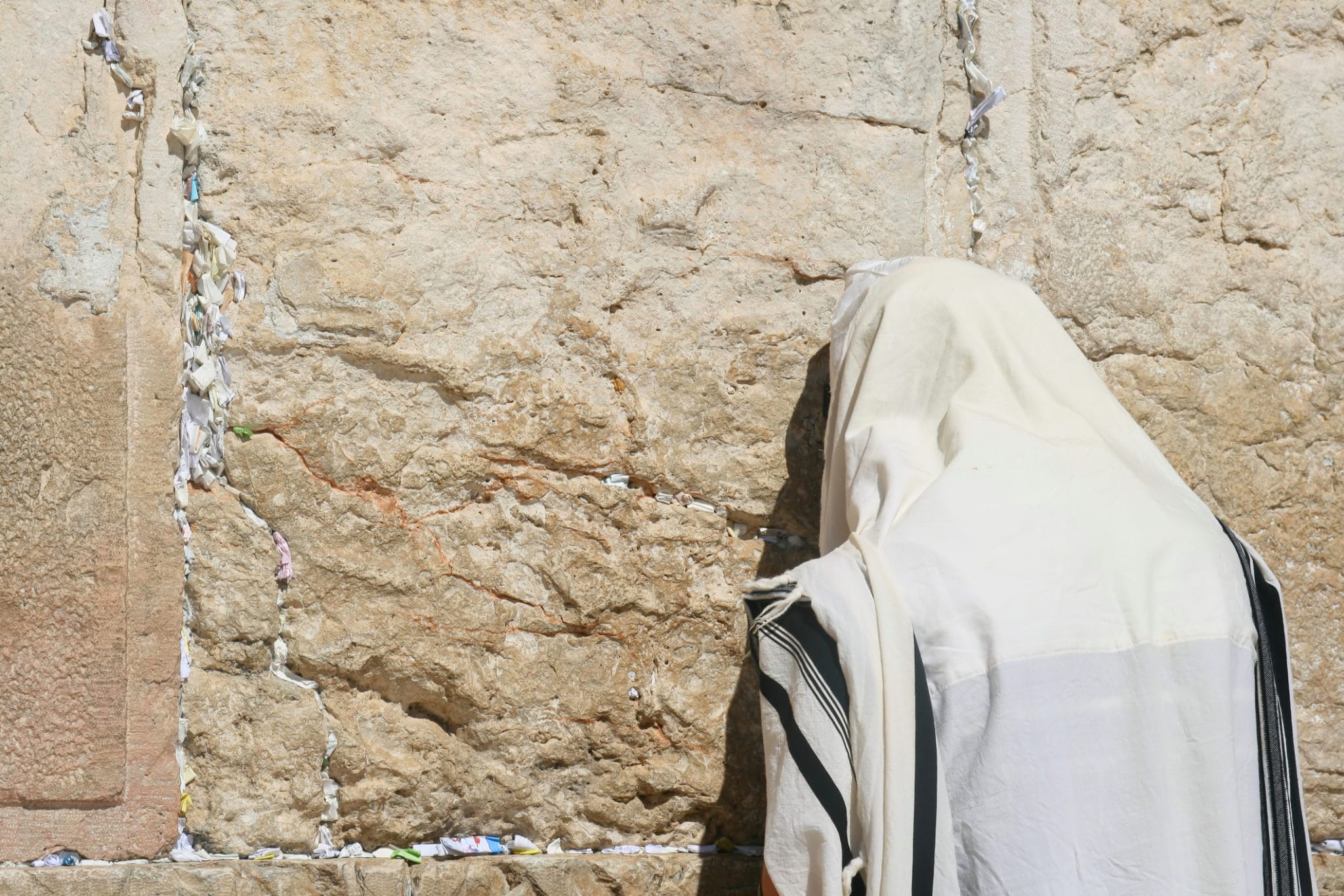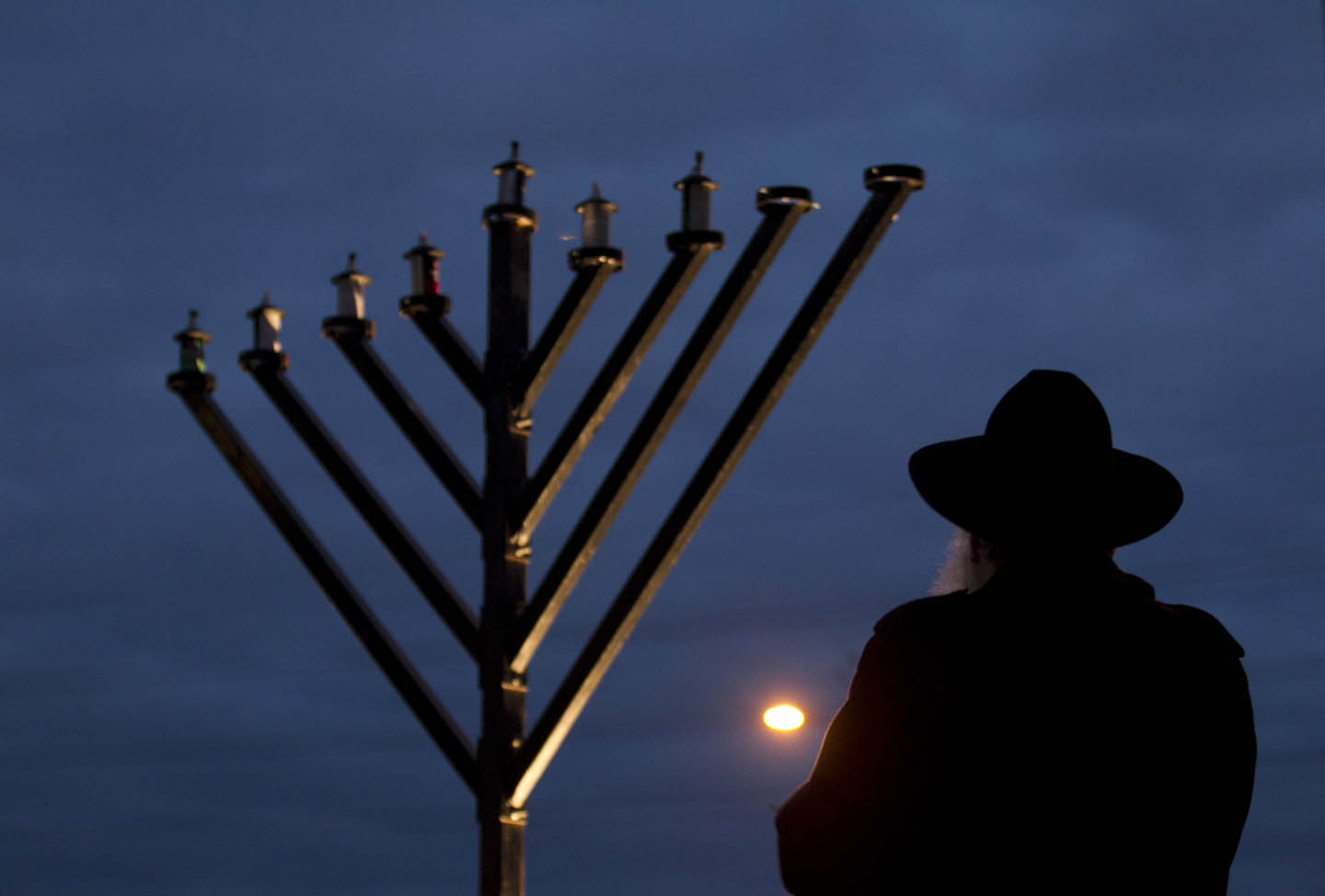Rabban Yochanan ben Zakkai had five disciples: Rabbi Eliezer ben Horkenos, Rabbi Joshua ben Chananyah, Rabbi Yossei the Kohen, Rabbi Shimon ben Netanel and Rabbi Elazar ben Arach…. He [Rabban Yochanan] used to say: If all the sages of Israel were to be in one side of a balance-scale and Eliezer ben Horkenos were in the other, he would outweigh them all. Abba Shaul said in his name: If all the sages of Israel were to be in one side of a balance-scale, Eliezer ben Horkenos included, and Elazar ben Arach were in the other, he would outweigh them all.
Ethics of the Fathers 2:9
The word torah means “instruction,” for nothing in Torah is merely anecdotal; every “incident” is a lesson, each “parenthetical” observation a law of life. If the Ethics of the Fathers devotes the better part of a mishnah to the discussion of the relative virtues of Rabbi Yochanan’s disciples, it is to teach us something about ourselves and how we are to view the potential of man.
The mishnah cites two opinions as to which disciple was the superior. Rabbi Yochanan is quoted as saying that Rabbi Eliezer was greater than all the other sages of Israel put together. But another opinion, also attributed to Rabbi Yochanan (cited in his name by Abba Shaul) is that Rabbi Elazar outweighed them all. The commentaries[1] explain that there is no contradiction between the two versions. Rabbi Eliezer possessed a quality (a mind like “a cemented cistern that loses not a drop”[2]) in which he surpassed all others, while there was something about Rabbi Elazar (his capacity to generate new ideas “like an ever-increasing wellspring”[3]) in which he outweighed all the sages, including Rabbi Eliezer.[4]
Therein lies the eternal lesson for each and every one of us. Every human being was created to fill a certain role in G-d’s creation—a role that cannot be filled by anyone else. So not only is he unique, not only is he indispensable, but there is a point of reference from which he is the greatest human being in the world—greater than all other human beings combined. It is our challenge and duty to discover this specialty in ourselves and develop that area in which one is truly “the greatest man who ever lived.”
Based on the Rebbe’s talks, Tammuz 28, 5743 (July 9, 1983); Av 4, 5742 (July 24, 1982)[5]
———————–
[1]. See Bartenura, Tosefot Yom Tov and Midrash Shmuel on our mishnah.
[2]. Ethics of the Fathers 2:9.
[3]. Ibid.
[4]. The Talmud (Horiot 14a) records a debate over which quality should take precedence in the choosing of a leader: the retention of past wisdom or the generation of new. The conclusion is that the former should take precedence over the latter, since leadership requires, first and foremost, a thorough knowledge of the law. This explains why the view that Rabbi Eliezer was the greatest disciple is attributed to Rabbi Yochanan himself, while the view stressing Rabbi Elazar’s overriding quality is quoted in his name by Abba Shaul. Rabbi Yochanan speaking as “Rabbi Yochanan”—the leader of his generation—emphasized the virtue of retention; but Rabbi Yochanan is also the source of the view—expressed in private, and publicly stated by another sage—that there is a point of reference from which the quality of “an ever-increasing wellspring” is the ultimate measure of greatness.
[5]. Biurim L’Pirkei Avot (Kehot, 1996), pp. 108-109; 110-111.








Id like to learn about all Tannaim before Hillel Ha Zaken
Respectfully
Israel Hillel
Could it be that R. Elazar read Hahairaish hayah lebahm rosh hadashim deliberately, meaning How can you let Raban Gamliel treat R. Yehoshua so harshly in connection with setting rosh hodesh?